Traveling abroad is an exciting experience, but it can be marred by the anxiety of waiting for your visa to be approved. If you’re in Nigeria and facing a visa delay, you’re not alone. Whether you’re traveling for business, tourism, or education, delays can happen for a variety of reasons. Understanding what to do when your visa is delayed can ease the stress and help you make the most of this time-sensitive situation.
Understanding Visa Delays: A Common Concern
Have you ever been in a situation where you’ve had everything planned for a trip, booked your flight, reserved accommodation, and even arranged for meetings or events only to be told that your visa application is still pending? It’s frustrating, right?
Visa delays are a reality that many travelers face globally, and Nigeria is no exception. According to recent statistics, visa delays affect thousands of Nigerian applicants each year, with some waiting weeks or even months before receiving approval. Whether you’re planning a vacation, a business trip, or pursuing educational opportunities abroad, a delay can cause significant inconvenience.
But the good news is, you don’t have to panic. There are steps you can take to handle the delay effectively.
📌 Read More
Why Are Visas Delayed in Nigeria?
Visa processing can take longer than expected for several reasons. These may include:
1. Incomplete Application: If any required documentation is missing or filled out incorrectly, it can cause delays. Double-check your application to ensure all details are accurate.
2. High Volume of Applications: During peak seasons, embassies and consulates may be flooded with applications, leading to slower processing times.
3. Security Checks: Security concerns or background checks can prolong the visa process.
4. Embassy-Specific Requirements: Some countries have strict visa approval procedures, including interviews, additional documentation, or further investigation, which can delay processing.
5. Errors in the System: Technological glitches or administrative errors can also cause delays.
Common Visa Delays You Might Experience:
- Schengen Visa Delays: Many Nigerians apply for Schengen visas to travel to Europe, but this process can take time due to the high number of applicants.
- USA Visa Delays: For those aiming to visit the U.S., processing can take longer than expected due to the thoroughness of U.S. immigration services.
- UK Visa Delays: UK visas can face delays, especially if there are complications with documents or processing backlogs.
If you’re caught in any of these delays, here are some practical solutions to consider.
What to Do When Your Visa Is Delayed in Nigeria?
1. Check the Status of Your Application
First things first, check the status of your visa application. Most embassies provide an online platform where you can track the progress of your application. Simply log into the system with your tracking number and see if there are any updates. This will give you a clear picture of where you stand in the process.
If there are no updates or the status hasn’t changed in a while, it might be time to take further steps.
2. Contact the Embassy or Consulate
If your visa application has been delayed beyond the usual processing time, the next step is to reach out directly to the embassy or consulate handling your application. Be polite and inquire about the reason for the delay. They may request additional documents or clarification to complete the processing.
If you’re dealing with urgent travel plans, don’t hesitate to mention that it’s a time-sensitive matter. This can sometimes expedite your case. The best approach is to remain calm and be respectful of the embassy staff while ensuring they are aware of your situation.
3. Ensure Your Application Is Complete
Make sure that all your documents are in order. If you have not yet submitted certain supporting materials, or if the embassy requests additional information, respond as quickly as possible. Missing or incomplete documentation is one of the most common causes of visa delays, so act fast and ensure you have provided everything required.
📰 Similar Posts
4. Consider Expedited Processing (Fast-Track Options)
Many embassies offer an expedited visa service for an extra fee. If your visa is time-sensitive especially if you’re facing an emergency, consider opting for this service. Fast-track services can significantly shorten processing times, allowing you to get your visa approval faster.
In some cases, embassies will prioritize applicants who are facing urgent circumstances, such as medical emergencies or essential business travel. Don’t hesitate to ask for a priority visa service if this applies to you.
5. Stay Updated with Visa Policy Changes
Visa processing policies and requirements can change at any time, especially in response to global events like the COVID-19 pandemic or political instability. Make sure you stay updated on any changes in visa requirements for your destination country.
You can check the embassy website, subscribe to updates, or follow relevant social media accounts. You wouldn’t want a delay to be made worse by not being aware of any last-minute updates or changes to the visa process.
6. Consider Alternative Travel Plans
If your travel date is quickly approaching and your visa is still delayed, it might be wise to reconsider your travel plans. If possible, try to adjust your travel dates to allow for the extra processing time.
In some cases, you might even want to consider alternate destinations if your visa situation seems unlikely to resolve in time. Many countries have relaxed visa policies and faster processing times, especially for Nigerian citizens.
7. Seek Professional Assistance
If you’re struggling with a delayed visa application and don’t know where to turn, it might be time to seek professional help. Immigration consultants or visa agencies have the expertise to handle complex visa issues, including delays.
They can often provide additional support in navigating the bureaucracy, ensuring that your application is fast-tracked or resubmitted correctly. Visa experts can also advise on whether there’s any additional documentation you need to provide or if there’s a faster route available.
Need help? Contact us today for visa application assistance and personalized support.
What Are Your Options in Case of a Severe Visa Delay?
In extreme cases, if your visa application is delayed for months and there’s no resolution in sight, you may need to:
- Request a Refund: Some embassies or visa agencies offer refunds if your visa is delayed beyond a certain point and you can no longer travel.
- File a Complaint: In cases of persistent delays, you may have grounds to file a formal complaint. Contact the embassy’s complaints department to escalate your case.
- Reapply: If your visa application is denied, or if delays cause you to miss a significant event, consider reapplying with a fresh set of documents.
Act Fast and Secure Your Visa!
Visa delays can be a source of frustration, but by staying informed and taking quick action, you can get past them with minimal stress. Always check the status of your application, reach out to the embassy, and consider using fast-track services to expedite your visa approval. If the delay is affecting your travel plans, don’t hesitate to seek professional help or explore alternative destinations. The earlier you act, the sooner you’ll have your visa in hand.
Still Experiencing a Visa Delay? Get Help Today!
If your visa is taking longer than expected, don’t wait around for it to be processed on its own. Contact us now for fast, reliable assistance in resolving visa delays. We’ll help you navigate the bureaucracy and ensure your travel plans stay on track. Apply now and take control of your journey!




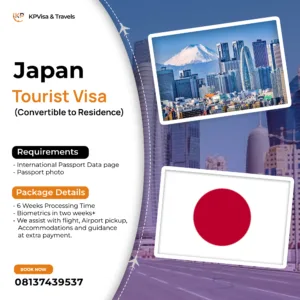


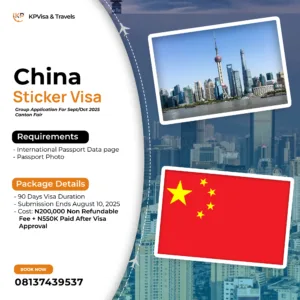
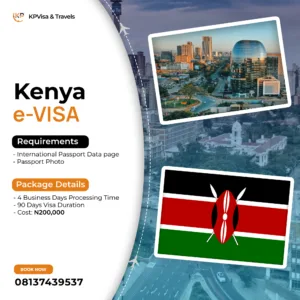
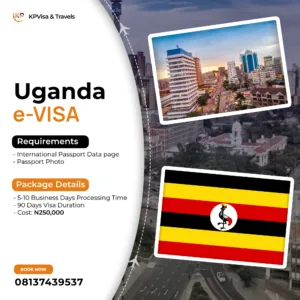
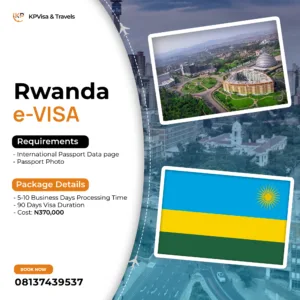


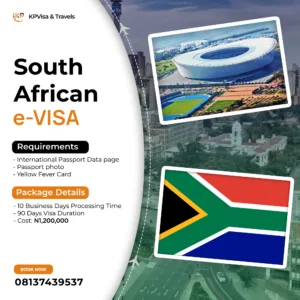





















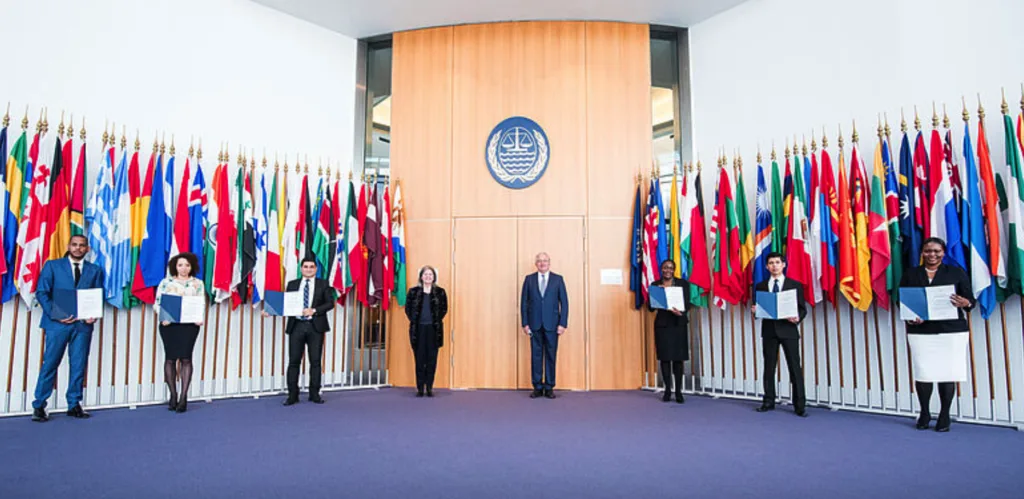

No responses yet